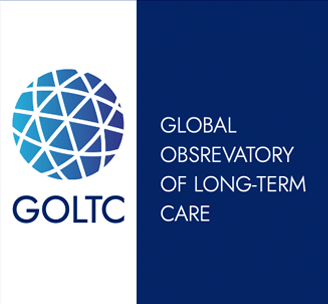Project Summary
LOTUS is an international research collaboration between Austria, Brazil, the Netherlands and the United Kingdom. The consortium aims to share expertise through research that develops a greater understanding of long-term care facilities (LTCF)
Outputs / expected Outputs
Developing innovation and establishing networks on LTC issues
PUBLICATIONS & OTHER OUTPUTS | |
| Output 1 | USING INTERNATIONAL COLLABORATIONS TO SHAPE RESEARCH AND INNOVATION INTO CARE HOMES IN BRAZIL: A WHITE PAPER. The Brazilian care home sector is underdeveloped, and the limited available evidence suggests that care quality falls below international standards. Development of the Brazilian care home sector could be associated with better outcomes for those receiving care, and more efficient use of resources across health and social care. Research has an important role to play. This article summarises research priorities for Brazilian long-term care homes developed as part of an international workshop held in Brazil and the UK, and attended by 71 clinicians and researchers from 6 Brazilian Universities, supported by an international faculty of 8 Brazilian, 8 British, 2 Dutch and 1 Austrian academics. The research priorities identified were: understanding and supporting multidisciplinary working in care homes, with emphasis on describing availability of multidisciplinary teams and how they operate; dignity and sensitivity to cultural needs, with emphasis on collating accounts from Brazilian stakeholders about dignity in care and how it can be delivered; enriching the care home environment with art, music and gardens, with a focus on developing arts in the care home space in a way that is sensitive to Brazilian cultural identity; and benchmarking quality of care, with emphasis on exploring how international quality benchmarking tools can be adapted for use in Brazilian care homes, taking account of new initiatives to include person-centred outcomes as part of benchmarking. Instrumental to research in these priority areas will be establishing care home research capacity in Brazil. |
|---|---|
| Output 2 | |
| Output 3 | |

